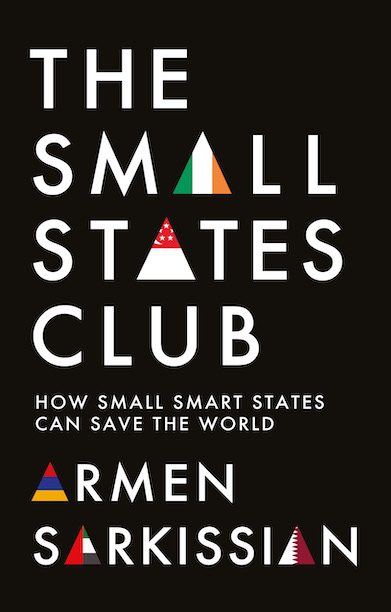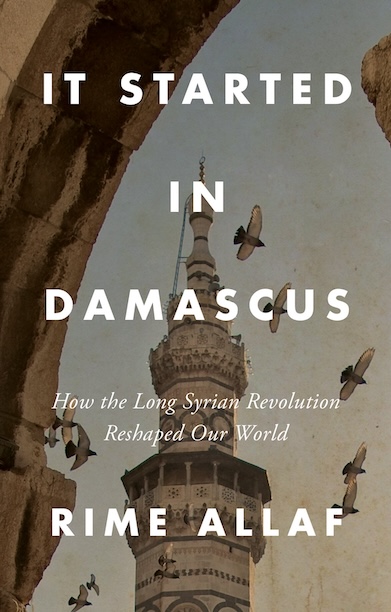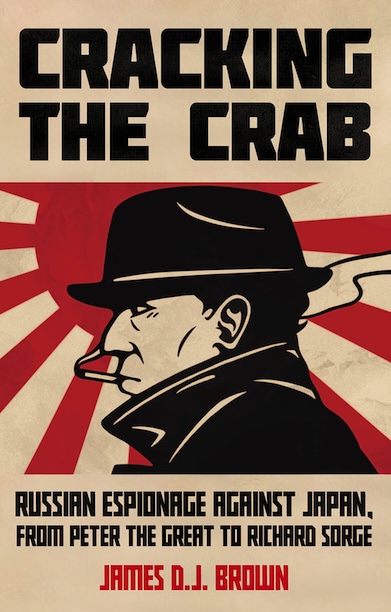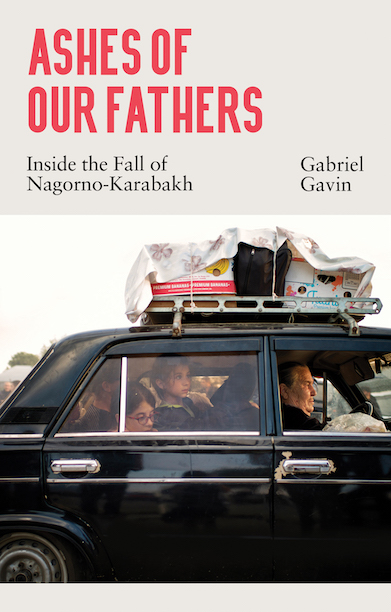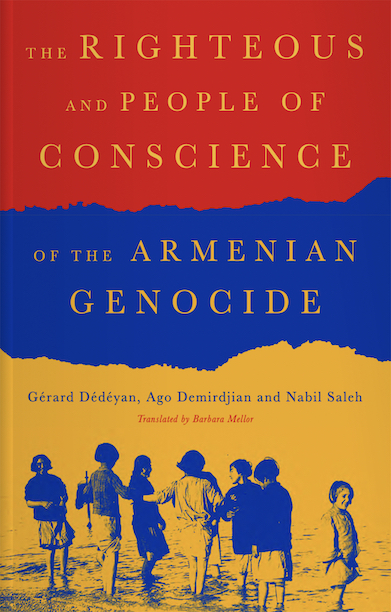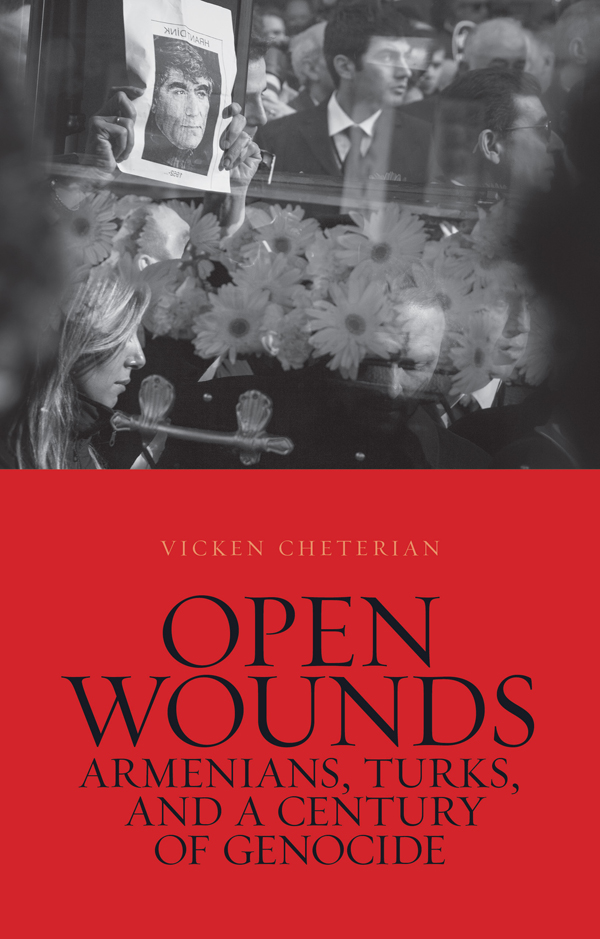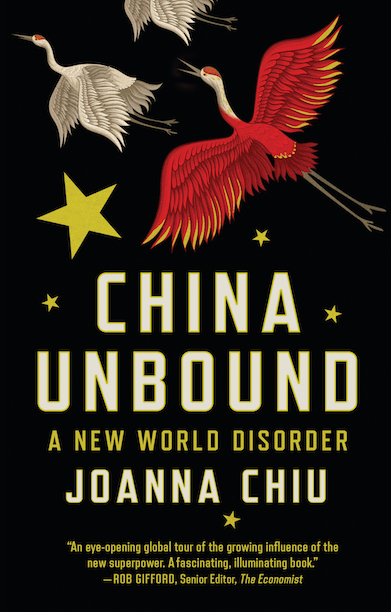The Small States Club
How Small Smart States Can Save the World
Selected as one of the Diplomatic Courier’s ’15 Books to Look Forward to in 2023′.
A gracefully written reflection on how small states can pack a punch that belies their size.
Description
In this book, Armen Sarkissian, former president of Armenia, argues that small states can navigate the complex challenges of the twenty-first century in smarter ways than ‘greater’ powers. For smallness—often regarded as a weakness—can be a strength. It may induce insecurity in states, but also endows them with an instinct for survival. Large states are ponderous; small states can be agile and adaptive.
Drawing on his deep experience as a scientist, businessman, diplomat and head of state, Sarkissian offers captivating portraits of small states, from Africa to Europe to Asia, that have overcome seemingly insuperable odds to establish themselves as oases of political stability, cultural tolerance, technological innovation, financial prudence and scientific research. Sarkissian returns to the uncertain beginnings of these small states to demystify their improbable rise. Along the way, he introduces us to a cast of tenacious leaders with a knack for converting crisis into opportunity.
Widely regarded as the most respected Armenian leader on the world stage, Sarkissian ends with a poignant homage to his motherland. Part memoir, part manifesto, it is a stirring insight into the world’s oldest Christian country, which is at once an ancient civilisation, a small state and a global nation.
Reviews
Selected as the Independent’s Book of the Month (December)
Can smallness be a strength? Listen back to Armen Sarkissian discuss the agility and adaptiveness of small states with Adam Rutherford, Margaret MacMillan and Lyse Doucet on BBC Radio 4’s Start the Week:
‘In the next world, 20 small successful states will come together, not on the basis of regional politics or religion or economic power only, but because they were successful.’ Armen Sarkissian in conversation with The Times Radio’s Hugo Rifkind:
‘A fascinating and timely analysis of the agility and adaptability of small states.’ — Financial Times, ‘The Best New Books on Economics’
‘Armen Sarkissian is intrigued by small states … and the lessons they may hold for the rest of the world. His portraits of several of these countries, peppered with personal anecdotes, are compelling case studies.’ — The Economist
‘Sarkissian’s book offers a corrective to the pervasive bias in favor of big states. [This] persuasive and fluent book is part reminiscence, part case for the significance of small states, and part advocacy for Armenia.’ — Foreign Affairs
‘A very useful … endeavour.’ — CHOICE
‘Drawing from the annals of history and his own leadership experience, Sarkissian elucidates how certain small states have not only survived but thrived on the global stage despite their diminutive size.’ — BNN Breaking
‘In a world drowning in doom and gloom, Armen Sarkissian has lit ten candles, profiling ten small and smart states which have succeeded ingeniously. They can guide us out of our current darkness. A timely and much needed book.’ — Kishore Mahbubani, Founding Dean, Lee Kuan Yew School of Public Policy, Singapore, and author of The Asian 21st Century
‘[The book] clarifies the important role small states play in upholding world order.’ — Dr Henry Kissinger
‘What President Sarkissian presents — using extraordinary storytelling and personal insights — is a book about hope. This is a great manifesto to learn what mistakes to avoid and what steps to take to become a small, successful state.’ — Faisal J. Abbas, Editor-in-Chief of Arab News
‘A fascinating contribution to the current discourse on strategic partnerships. Brimming with insight gathered over years of statesmanship, Sarkissian makes a convincing case for an alliance of small states to propel stronger multilateral cooperation in an evolving global order — a thought-provoking read.’ — Dr Shashi Tharoor
Author(s)
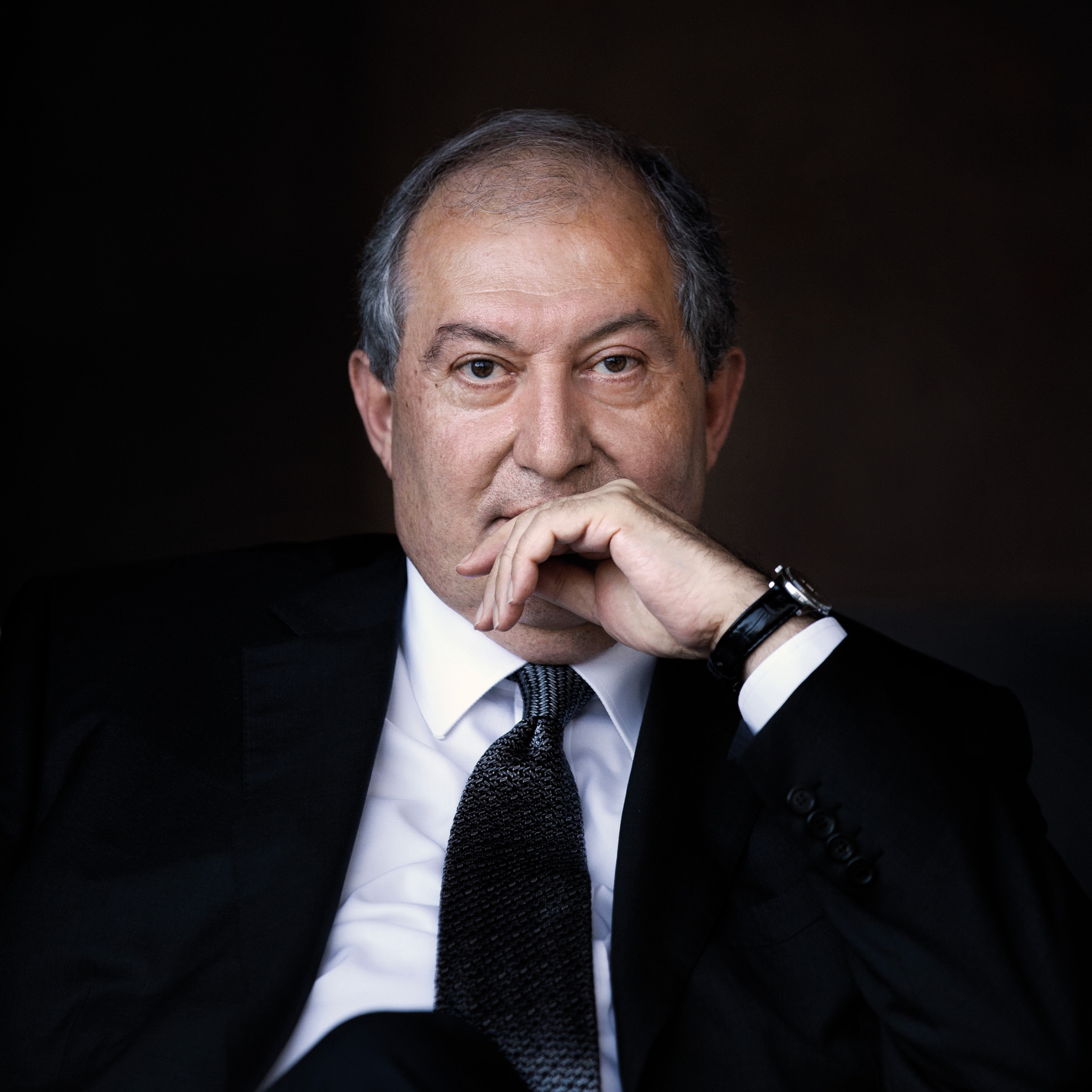
Armen Sarkissian is a world-renowned theoretical physicist, diplomat, businessman and philanthropist. Armenia’s former president (2018–22) and prime minister (1996–7), founding director of the University of Cambridge’s Eurasia Centre and co-creator of TETRIS-Gold, he has held senior positions at BP, Alcatel-Lucent, Bank of America, the World Economic Forum, EBRD and the EastWest Institute (NY).
